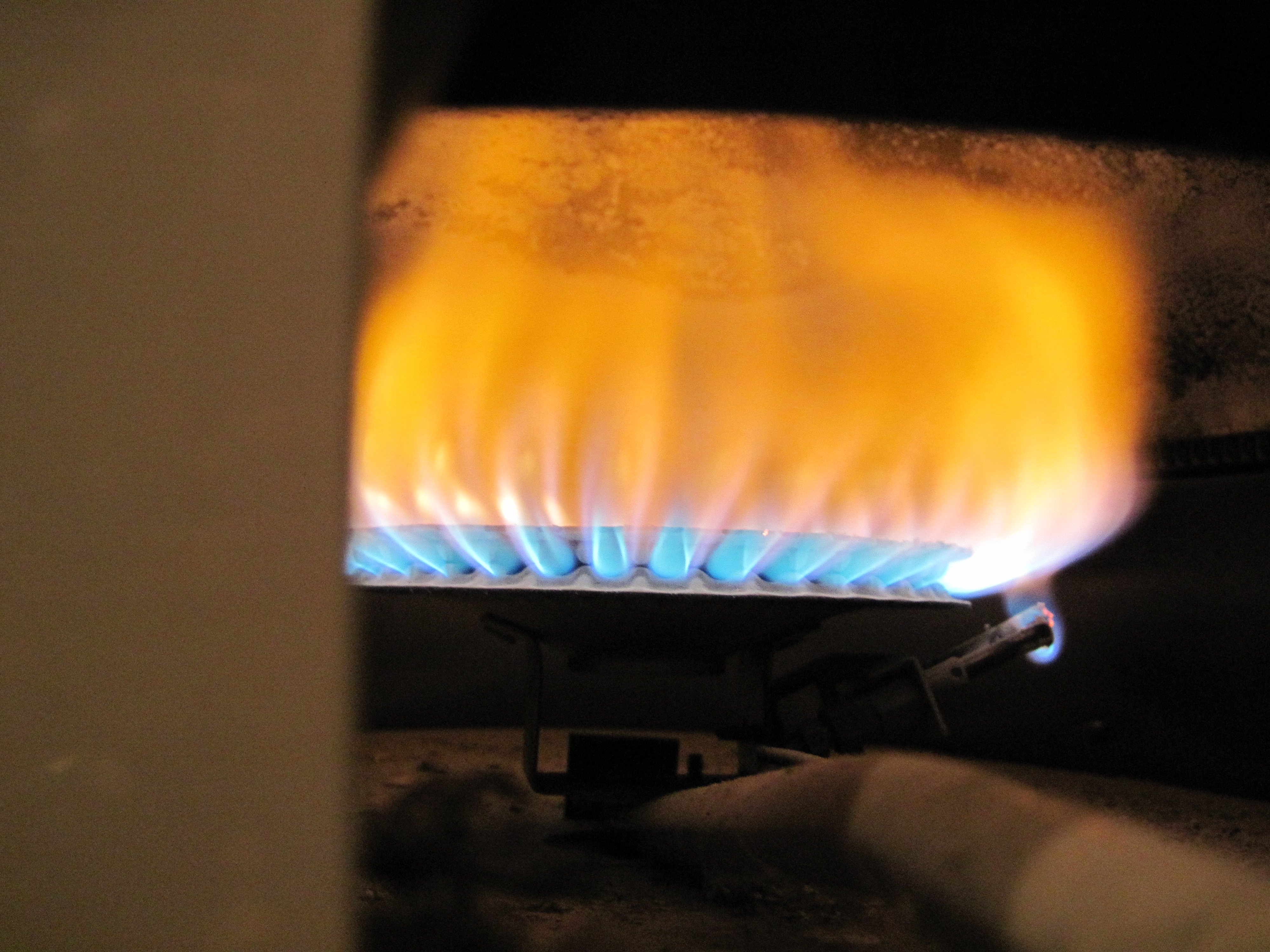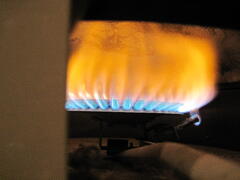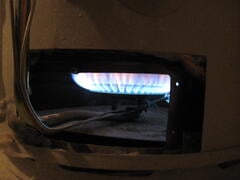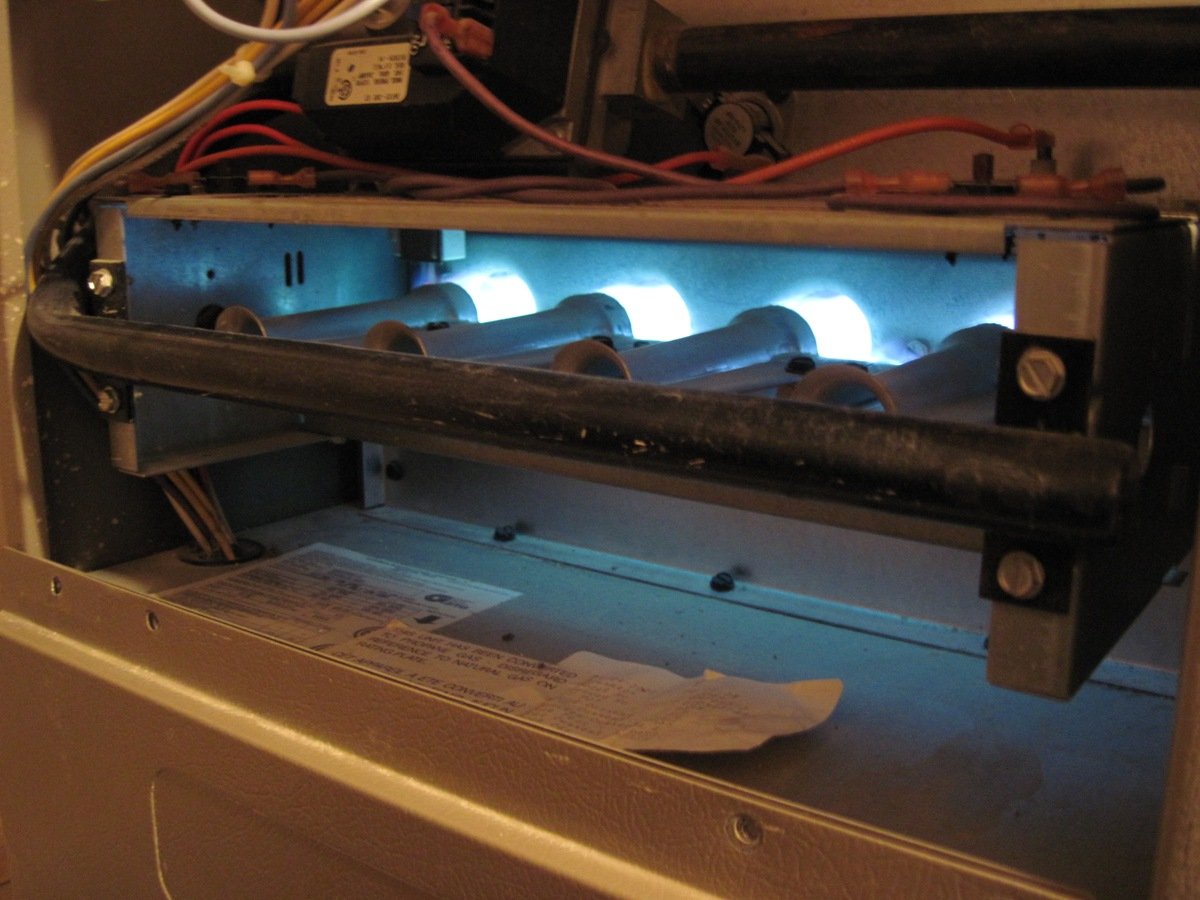Thinking about propane additives in cold weather - ways to improve
Propane heating fuel is good stuff. And that's great news considering that the United States and Canada have access to more natural gas resources...
2 min read
Erik Bjornstad : Oct 8 2014

When you think of natural gas, you think of grilling burgers, right?
One area that the United States lags behind the rest of the world in is the use of LPG fuels. More specifically, use of LPG in a variety of applications like motor vehicles. The USA and Canada have plenty of LPG in use in areas like power generation and home heating. Gas stoves are very common (many peoople prefer cooking on gas over electricity because gas gives better heat control) and natural gas has become the preferred fuel of choice for generation power plants not committed to burning coal. And why not? Vast and accessible deposits of natural gas have really turned the country's energy picture around, even enabling the USA to overtake Saudi Arabia as the world's leading exporter of energy.
But while the USA is well-equipped to use natural gas and LPG in industrial uses and home heating areas, our national infrastructure has been tuned to gasoline distribution for so long, that we as a country lack the ability to get natural gas-related fuels like LPG out to enough gas stations . At the risk of constructing a completely unnecessary run-on sentence, what this means is that the US doesn't have nearly as many cars, trucks, and scooters running on LPG-type fuel as many countries like China, India, and members of the EU.
And that's a shame.
Because natural gas is an excellent fuel with a lot of great advantages. It burns a lot cleaner than liquid gasoline and diesel. Cleaner burning means cleaner engines and less of the undesirable stuff going into the environment.
That's not to say that natural gas and LPG fuels can't be improved. Depending on where you're burning it (in a furnace vs. a car, for example), you can add certain things to the compressed gas to make it burn hot and more efficiently, or to reduce the deposits that may be formed, to make the combustion system more efficient. Now, we did just say a minute ago that natural gas and LPG burn very cleanly. We should have tempered that claim by disclosing that that's true for pure natural gas and LPG. But the gases you get in the marketplace can tend have to have small amounts of contaminants - olefins and water - in them. It is these impurities, allowed by law to be present in limited amounts, that do things like build up in vaporizers and furnace systems. There are things which may be added to the compressed gas to remove these deposits and keep them from forming.


A natural gas burner before and after lpg additives
We also talked about adding things to make LPG and natural gas burn hotter. In most cases, that's a very good thing. A heating system that burns hotter (giving a blue flame instead of an orange one) will give you more hot water using less fuel and will heat your house more efficiently. In order to make this happen, you have to use different types of additives than those you would normally put in a gas or diesel-powered car. That's because natural gas combustion is best impactd by "organometallic" catalysts, and those aren't allowed in gasoline or regular diesel. Without getting too far into chemistry-speak, those kind of chemicals actually make combustion reactions easier and happen faster than without them. Which leads to more heat produced in a shorter period of time.
If you have a home heating system, wouldn't you like it to heat your home faster, using less gas and saving you more money? So would we.

Propane heating fuel is good stuff. And that's great news considering that the United States and Canada have access to more natural gas resources...
1 min read
Power generation plants in the United States have historically relied on three main fuels – coal, natural gas, and heavy fuel oil (also called #6...
With the way the national energy picture has shifted in the last 10 years, fleets now have more options to consider for fuel rather than just...